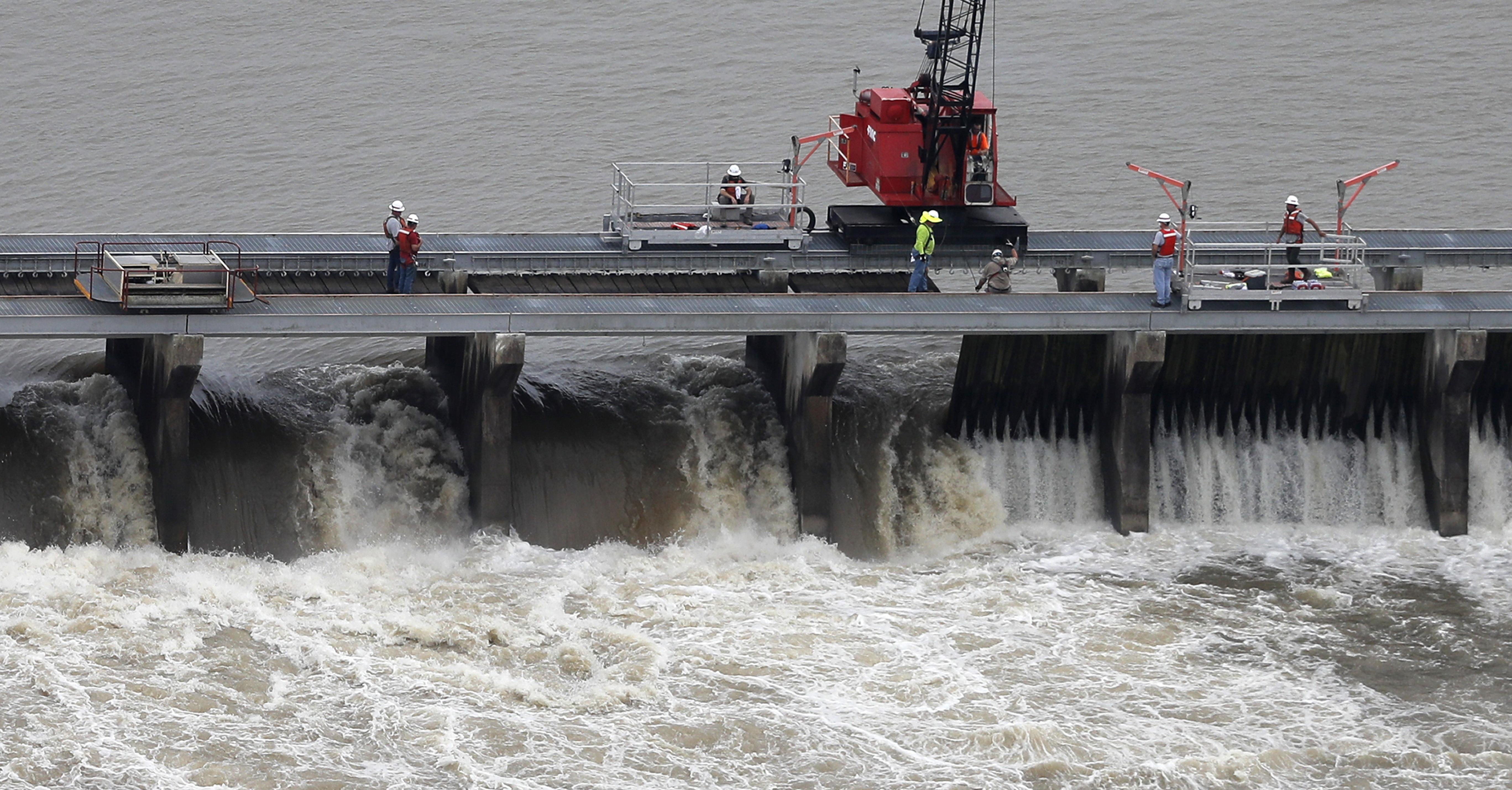Marvin Ladner is a supervisor for Harrison County and chair of the Mississippi Sound Coalition. The group of fishermen, business owners and local governments was formed shortly after the 2019 double opening of the Bonnet Carre, when the immediate impacts on commercial fisheries and tourism were stark.
"We call it freshwater, but it's polluted freshwater. And when it enters the [Mississippi] Sound in great volume, it damages the salinity of the Sound, and the salinity balance is critical for the oyster reefs, and the estuary as well," he said.
"The oyster reefs were decimated due to that opening, and I think the concern of all the communities along the Coast is that if we have another opening that extensive, we're going to have the same thing. It's going to knock us down again."
Now six years later, the cascading impacts from that unprecedented period remain.
According to an economic study conducted by the National Research Planning and Analysis Research Center, an institute at Mississippi State University, coastal Mississippi lost 300 jobs, more than $12 million in seafood sales and roughly $5 million in landings in 2019 alone.
Some fisheries have since experienced partial recovery. But in the Western and Central Mississippi Sound, once home to some of the world's most productive oyster reefs, wild oysters haven't been harvested since 2018 because of the openings.
The extensive losses of both jobs and revenue in 2019, and for years after, also had a less tangible impact on the region: with some now out of work and landings significantly reduced, much of the Coast's cultural heritage was paralyzed. Others, no longer seeing a viable future in the industry, moved elsewhere.
Expecting another opening sometime this week, Ladner and the Coalition wants the Corps to at least consider Coastal Mississippi this time around.
"They could open up some of those other flood control systems, disperse that water out to different areas. We understand that we may have to take some of the water through the Bonnet Carre Spillway, but at least don't overwhelm us with it," he told MPB News.
The U.S. Army Corps of Engineers, which operates the Spillway, tested its flood gates Monday morning in anticipation of an opening.




